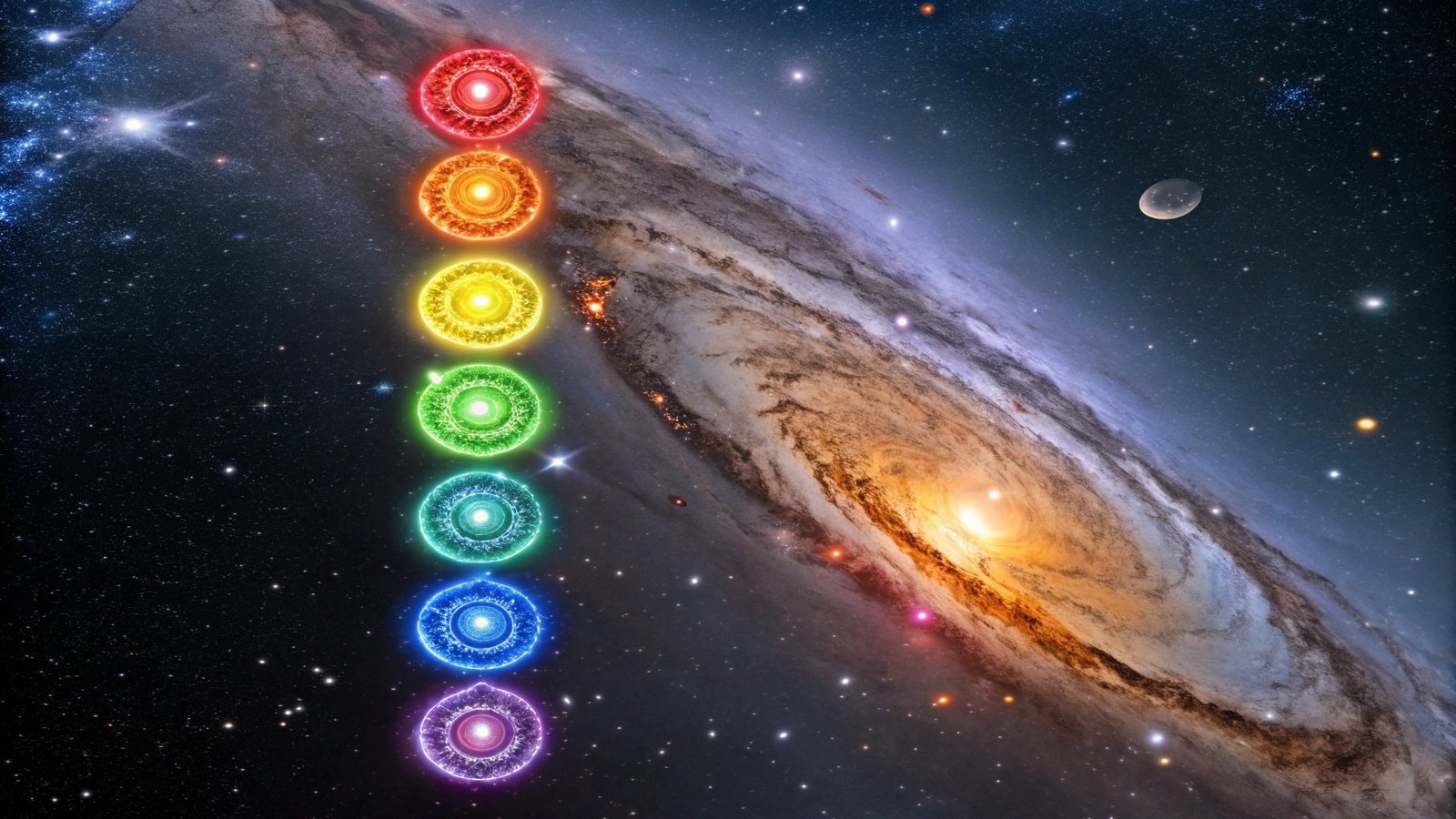Table of Contents
The idea of reincarnation belief has fascinated humanity for centuries. In many religious traditions, what happens when a person dies is a central question, with beliefs ranging from the soul’s rebirth in Hinduism to the final judgment in Christianity. Many people believe they have lived before, recalling vivid details of past lives they never experienced in this lifetime. But are these memories real, or is there a psychological explanation behind them?
Past-life memories often emerge through hypnosis, dreams, or spontaneous recall, making them seem incredibly convincing. However, science suggests that the human brain is not always reliable when it comes to memory. Some researchers argue that these experiences stem from cognitive distortions, cryptomnesia, or even wishful thinking. Let’s explore the psychology behind reincarnation beliefs and uncover whether past-life memories are genuine or just clever tricks of the mind.
Key Takeaways
Reincarnation Beliefs: Central to many religions, the immortal soul is believed to undergo rebirth based on karma.
Past-Life Memories: Often seen as false memories shaped by cultural beliefs and psychological factors.
Psychological Explanations: Memory distortions and suggestibility can create convincing but inaccurate past
The Psychology of Memory: Can the Mind Create False Recollections?
Memory is not a perfect recording device; it is reconstructive. Our brains are wired to fill in gaps, sometimes blending real experiences with imagined ones, which can affect both our mental recollections and our understanding of the physical body. This explains why two people can recall the same event differently or why memories can change over time.
False memories occur when the brain fabricates details that feel as real as actual experiences. Psychological phenomena such as confabulation and source misattribution can make people believe they remember events that never happened.
Studies by cognitive psychologists like Elizabeth Loftus have demonstrated how easy it is to implant false memories in people, making them believe in events that never occurred. Memory distortions can be shaped by suggestion, trauma, and even cultural expectations, making them an unreliable basis for proving reincarnation.
How This Relates to Reincarnation
Many supposed past-life memories, often referred to as memories of previous lives, could actually be a result of false memory formation. The brain takes fragments of information from dreams, books, or forgotten childhood events and pieces them together to create a convincing but fictional narrative. People may unknowingly absorb historical details from movies, books, or conversations and later recall them as personal experiences, mistaking them for proof of past lives.
Past-Life Regression: Real or a Trick of the Mind in Past Lives?
Past-life regression therapy claims to help people with past life recall through hypnosis. But is it reliable? Hypnosis makes the mind highly suggestible, which can lead to confabulated memories. Regression therapists often ask leading questions, which can subtly implant ideas into the person’s mind. Many people report past-life memories after undergoing hypnosis, but does that mean these recollections are true?
Scientific studies show that people who undergo past-life regression often recall lives that reflect their cultural background or personal interests, rather than random, historically verifiable lives. This phenomenon suggests that past-life memories may be influenced by imagination, media exposure, or subconscious biases rather than genuine recollections of previous existences.
Scientific Perspective
Neuroscientists argue that past-life regression does not uncover real memories but instead taps into the imagination and subconscious mind, creating compelling but false recollections. The brain is adept at constructing narratives, and in altered states of consciousness, these fabricated stories can feel incredibly real. Researchers also emphasize the role of expectation—people who believe in past lives are more likely to “recall” past-life memories under hypnosis than skeptics. The concept of human rebirth necessarily implies a continuity of personality and memory across different lifetimes.
Famous Past-Life Memory Cases: Evidence or Coincidence?
Over the years, many cases of alleged past-life memories have emerged. Some seem compelling, but do they stand up to scrutiny?
The Bridey Murphy Case (1950s): A woman under hypnosis recalled a past life in Ireland. However, later research showed that many details matched stories from her childhood neighborhood rather than an actual historical account.
James Leininger’s WWII Memories: A young boy recalled specific details about being a World War II pilot. Some facts were verified, but skeptics argue that he might have unconsciously absorbed this information from books or television.
The Shanti Devi Case: An Indian girl remembered past-life details about a family she had never met. Some information was confirmed, but many inconsistencies raised doubts.
These cases often highlight the role of one’s own personal karma in shaping the narratives of past-life memories.
Critical Analysis
While these cases appear remarkable, they can often be explained by cryptomnesia, where forgotten information resurfaces without the person realizing it was previously learned. Psychological research suggests that vivid dreams, media exposure, and suggestibility all play significant roles in shaping these narratives.
In some beliefs, failing to live a moral life can result in rebirth in the animal and vegetable world, emphasizing the consequences of one’s actions.
The Role of Culture & Religion in Reincarnation Belief
Reincarnation is deeply embedded in various major religions and cultures, influencing how people interpret their experiences. In many religious traditions, what happens when a person dies is a central question, with beliefs ranging from the soul’s rebirth in Hinduism to the final judgment in Christianity.
Hinduism & Buddhism: Reincarnation is central to these beliefs, teaching that the soul cycles through multiple lives based on karma.
Western Perspectives: Interest in past lives has grown in Western societies through New Age movements, despite limited historical connections.
Cultural Influence: Societies that believe in reincarnation report more past-life memories, suggesting that belief systems shape personal experiences.
Why This Matters
Belief in reincarnation can create confirmation bias, where people interpret dreams or déjà vu as proof of a past life rather than normal psychological phenomena. Religious and cultural teachings shape how people understand and interpret their experiences, sometimes leading them to perceive ordinary psychological processes as evidence of reincarnation. In many traditions, karma is a central and fundamental part of the belief system, influencing reincarnation and moral behavior.
The Neuroscience of Past Life Recall
Brain science offers another perspective on why people believe in past lives, distinct from the concept of the immortal soul. Cryptomnesia occurs when the brain retrieves forgotten information and presents it as a new memory, making it feel like a past-life recollection. Déjà vu creates a sensation of familiarity, leading some to believe they are remembering a past life. Brain imaging studies show that memory and imagination activate similar brain regions, meaning a past-life memory could simply be a misinterpretation of an imagined scenario.
The Scientific Verdict
Neuroscience suggests that past-life memories are not evidence of reincarnation but rather the result of how the brain processes and retrieves information. Brain scans of people undergoing past-life regression have shown increased activity in areas related to imagination and memory recall, further supporting the theory that these memories are created rather than recalled. Many beliefs emphasize the need for the soul to experience life in human form to learn essential lessons.
Conclusion
Reincarnation beliefs and past-life memories continue to intrigue people worldwide. However, science provides strong arguments that such memories may be the result of psychological and neurological processes rather than actual recollections of past lives.
False memories and hypnosis can create detailed but inaccurate recollections. Cultural beliefs and personal biases play a significant role in shaping reincarnation stories. Neuroscientific research suggests past-life memories might be misinterpretations of real-life experiences, dreams, or forgotten knowledge. While belief in past lives offers comfort and meaning to many, a scientific and psychological approach helps us better understand the complexities of human memory and consciousness. For some, the ultimate goal is to achieve eternal life and escape the cycle of reincarnation.
FAQs
Can hypnosis create false past-life memories?
Yes, hypnosis can make the mind highly suggestible, leading to fabricated memories.
These fabricated memories often include vivid details of the spiritual world, influenced by cultural and religious beliefs.
What does science say about reincarnation beliefs?
Indian religions have long held reincarnation as a central tenet, but science has found no empirical evidence for reincarnation and has identified psychological explanations for past-life memories.
Are memories of previous lives real or just imagination?
Past-life memories are often reconstructed stories influenced by subconscious thoughts, cultural beliefs, and suggestibility. Jainism attributes supreme importance to pure thinking and moral behavior, which are believed to influence reincarnation outcomes.
How do different cultures explain past-life memories?
Religions advocating reincarnation, such as Hinduism, Buddhism, and New Age beliefs, embrace reincarnation, while Western science views past-life memories as cognitive distortions.




